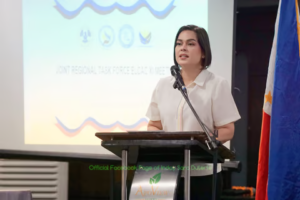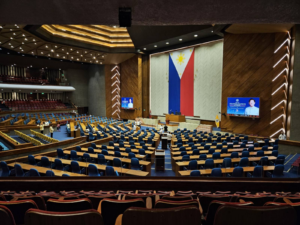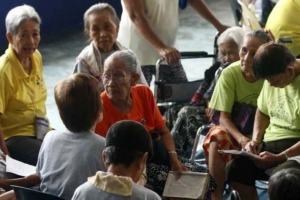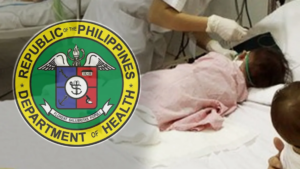
MANILA – Malacañang said the Department of Health (DOH) vowed to provide more accessible and adaptable health care services for all Filipinos through the full implementation of the Universal Health Care (UHC) law.
According to Presidential Communications Secretary Cheloy Garafil, Health Secretary Teodoro Herbosa focused on ensuring health care services are accessible to all Filipinos, regardless of socioeconomic status in his first 100 days in office. “Every Filipino should feel the impact of the UHC Law,” Herbosa said. Passed in 2019, the law guarantees all Filipinos equal access to quality and affordable health care services.
Under the law, all Filipino citizens are automatically enrolled in the National Health Insurance Program as direct contributors or those who have the capacity to pay premiums, and indirect contributors sponsored by the government such as indigents and senior citizens.
In October, Herbosa said President Ferdinand Marcos Jr. has approved the creation of a coordinating council for the implementation of the UHC Law.
Herbosa said the establishment of the body will ensure the rollout of health care functions within a well-integrated system.
“The problem we’re trying to solve is the fragmentation of the health system, we saw this during the Covid-19 (pandemic). Because of the local government code, (the) local health system was given to municipal mayors and governors,” he said in a Palace briefing.
The council will serve as a governing body that will oversee the implementation of the UHC law, the estimated total of budget and the implementation of UHC at the local government level.
The DoH will chair the council with the Department of the Interior and Local Government as its co-chair.
Its member agencies include the Department of Information and Communications Technology, Department of Budget and Management, Department of Finance, Philippine Health Insurance Corporation, Philippine Regulation Commission, National Economic and Development Authority, Technical Education and Skills Development Authority, Commission on Higher Education, and Department of Education.
“There is going to be a special health fund which is emphasized in the law, that’s why we created the council to watch the spending of the money and the implementation will be standard for all different local government units (LGUs),” Herbosa said.
“The council will police or monitor how LGUs or local health systems would be spending funds, income from PhilHealth, and how the other systems can be improved,” he added.
Meanwhile, the DoH said it employed the principle of “No One Gets Left Behind” aligned with its 8-point action agenda, which encompasses safe, and quality service delivery, preparedness against pandemics and crisis, as well as ensuring the welfare and rights of health care workers — key aspects that underscore the much-needed transformation in the country’s health sector. In 2023, the Health department sustained a one-stop shop program that provides government health services for indigent patients by putting up more Malasakit Centers. As of September, there were 159 Malasakit Centers, with the latest inaugurated at the Bislig District Hospital in Bislig City, Surigao del Sur.
The DOH also followed President Marcos’ directive to pursue a whole-of-society approach in combating tuberculosis.















